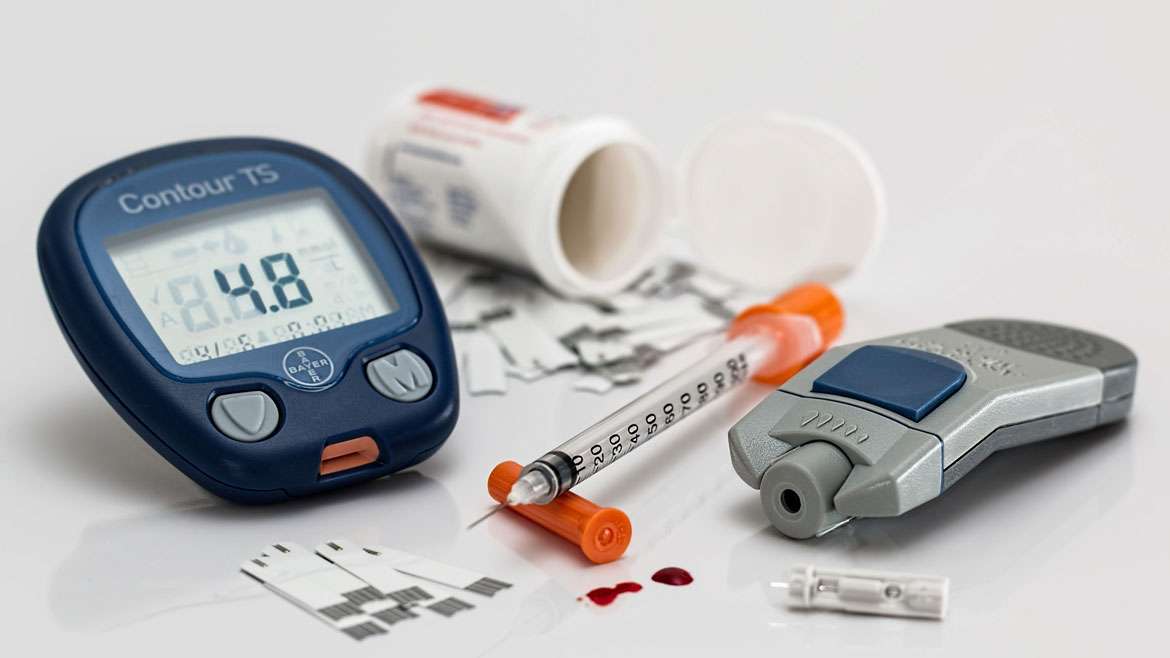If you have diabetes, you can enjoy all kinds of recreational travel from a week at the beach, to camping, to sightseeing across Asia. Planning ahead is the key to traveling with diabetes.
- Be sure to have a complete medical exam well before you travel to make sure your diabetes is under control. This will allow enough time for immunizations, if you need them, and give you time to recover from any side effects.
- Plan your activities so you can work on your meals and insulin injections.
- Make a note of all medications along with dosages. Also label all medications.
- Make sure you carry enough medication and syringes to last through the trip with you. Also carry equipment needed to manage your diabetes(insulin, syringes, and other medicines or devices).
- You may want to carry at least twice as much medicine and blood-testing supplies as you think you will need.
- Be sure to carry extra batteries for your glucometer.
- Carry a well-wrapped, airtight snack pack of snacks like (crackers, peanut butter, some form of sugar like hard candy or glucose tablets) to treat low blood glucose.
- Before you fly, be sure to request a special meal low in sugar, fat, and cholesterol at least 48 hours in advance.
- Wait until you see your food coming down the aisle to take your insulin shot, otherwise, if your meal is delayed, you could experience low blood glucose.
- Plan for crossing time zones: Eastbound travel means a shorter day, so if you inject insulin, you may need less. Traveling westbound means a longer day, so more insulin may be needed. Talk to one of our providers for more information.
- Checking blood sugar while traveling is just as important as when at home. It is important to check blood sugar soon after landing as jet lag may make it difficult to tell if your blood sugar is very low or very high.
- Insulin does not need to be refrigerated, but should not be stored in very hot or very cold temperatures. It is important to store insulin properly. Many travel packs are available to keep insulin cool.
- Be extra careful about food and water precautions. Avoid uncooked foods and tap water. Foods that upset your stomach could cause your blood glucose levels to become uncontrolled.
- Wear comfortable shoes and never walk with bare feet. Check your feet every day, looking for signs of blisters, cuts, redness, swelling, and scratches.
- Get medical care at the first sign of any infection or inflammation.
Walk-in to any of our clinics and talk to our providers about traveling if you have diabetes. You can also get your physical (which include labs) done before traveling. We also offer travel vaccines. No appointment is necessary at our clinics and you’ll only wait minutes to be seen. You can call ahead at (917) 310-3371 and let us know you’re on the way or you can check in online.
Source: American Diabetes Association










